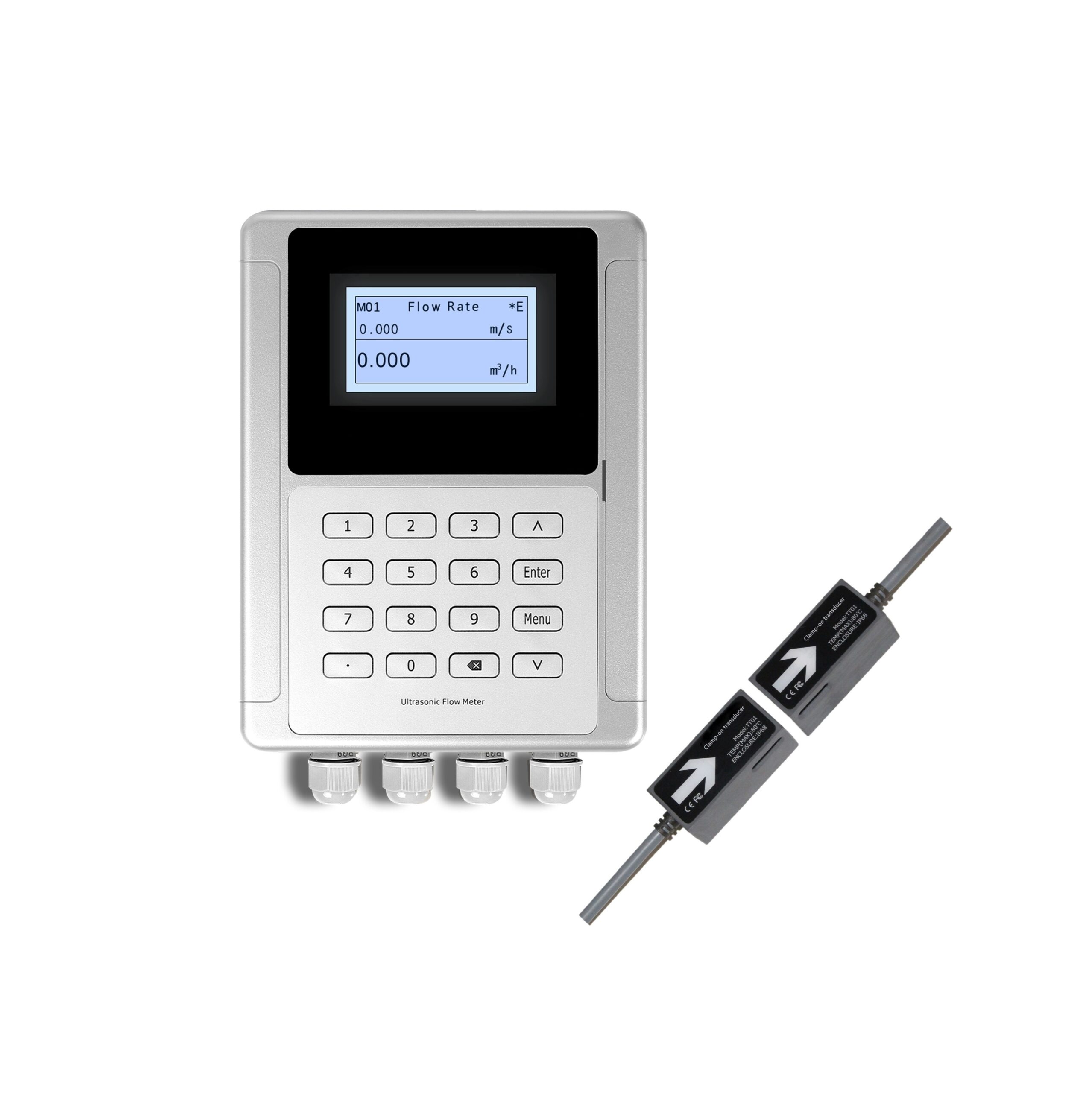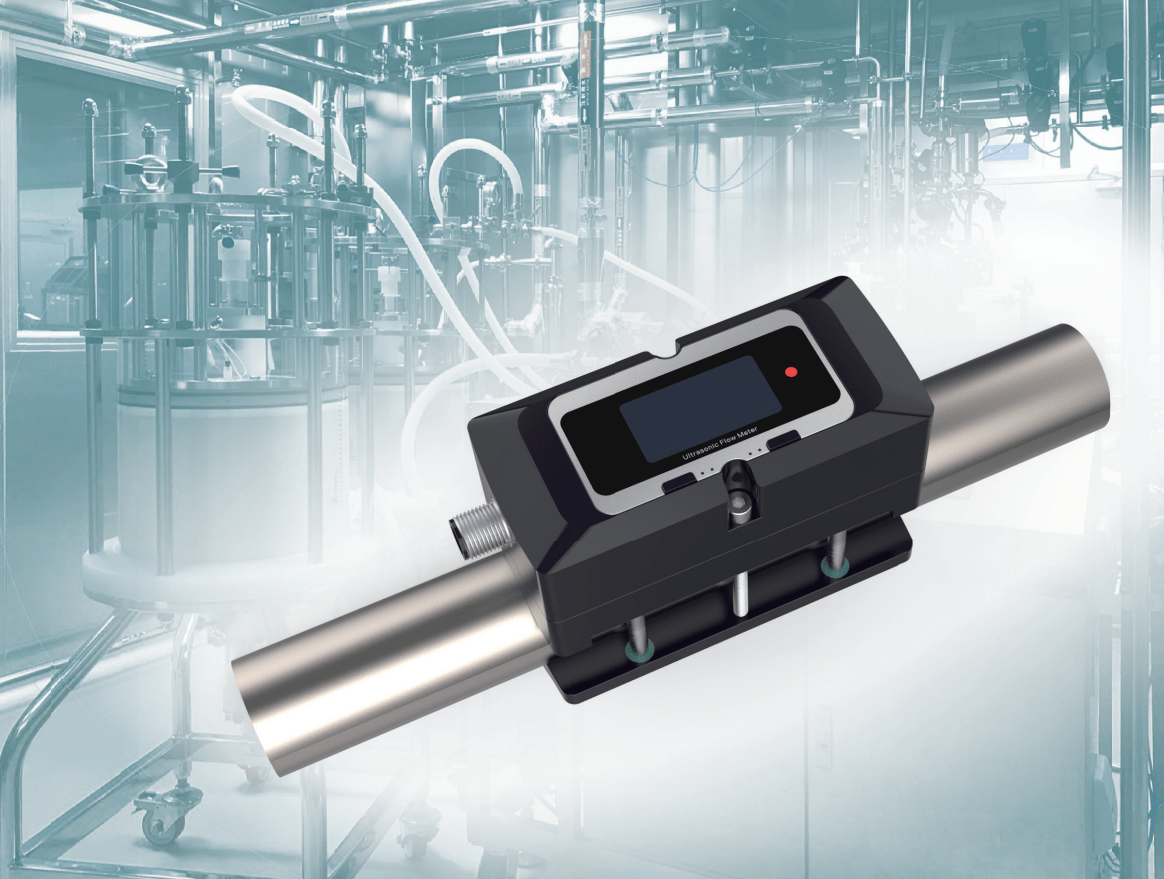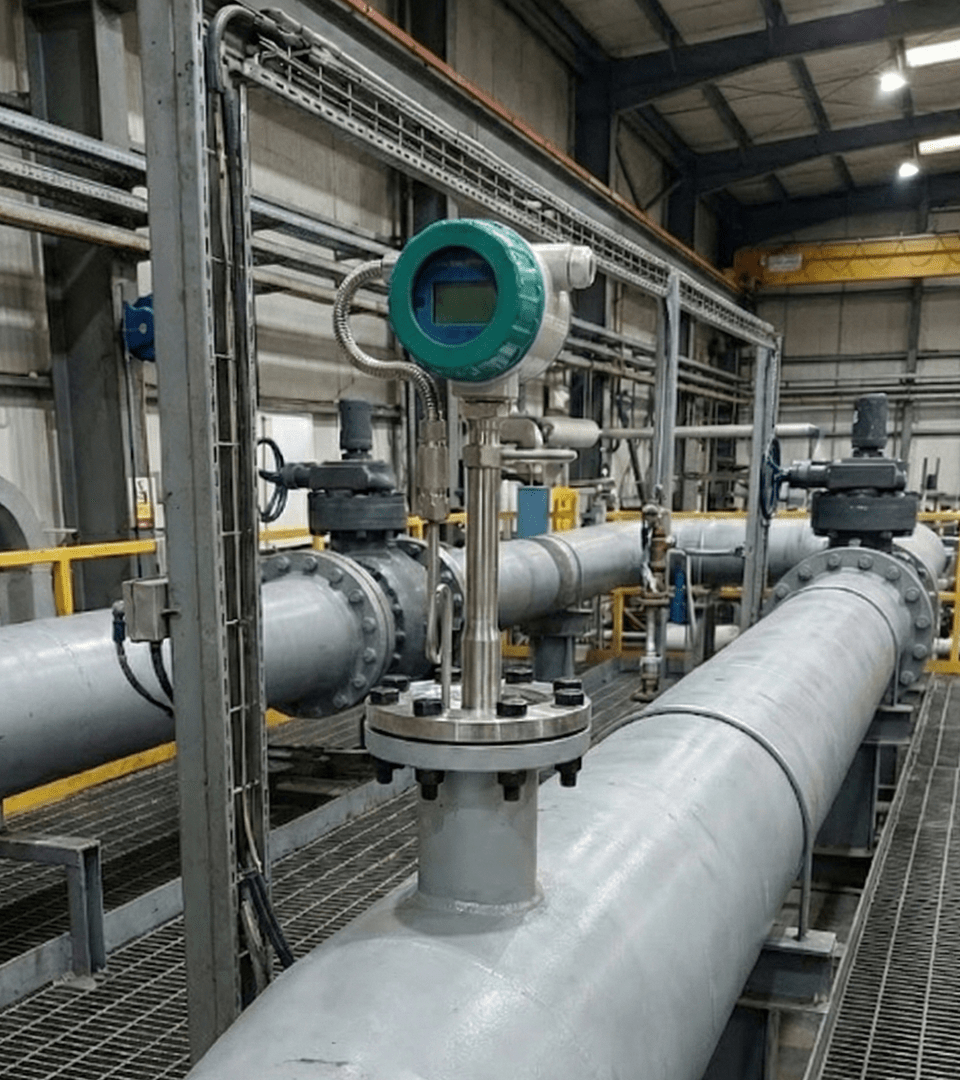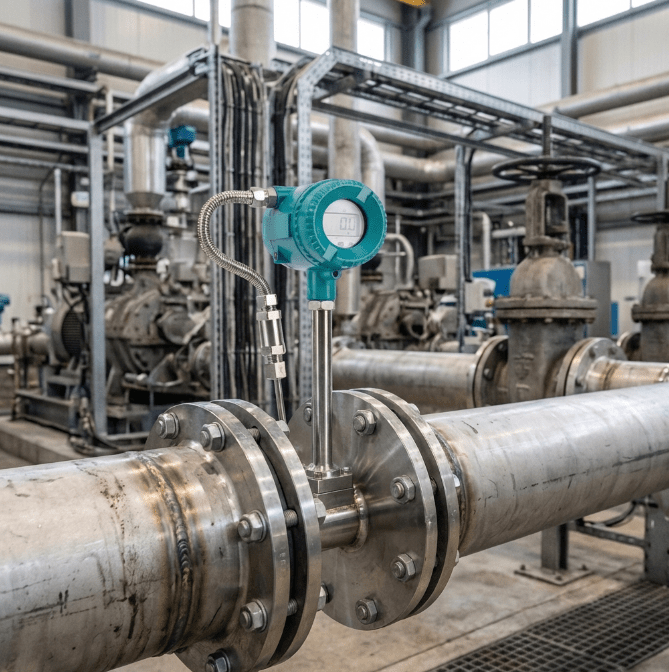Last month, a petrochemical plant lost $50,000 in product due to inaccurate measurements from a poorly maintained ultrasonic flow meter. Don’t let this happen to your facility.
Effective ultrasonic flow meter maintenance requires regular calibration, physical inspection, signal verification, and data analysis. A comprehensive maintenance program should include monthly checks and annual professional calibration.

Ultrasonic Flow Meter Maintenance Overview
| Performance | |
|---|---|
| Flow Rate | ±0.03m/s~±12m/s |
| Accuracy | ±1% of measured value |
| Repeatability | 0.2% of measured value |
| Linearity | ±1% |
| Pipe Size | DN25-DN1200 |
| Function | |
| Output | Analog output: 4-20mA, Max. load 750Ω ;Pulse output: 0~10KHz |
| Communication | RS232/RS485 Modbus(M-Bus or Hart is optional) |
| Power Supply | 10-36VDC / 90-245VAC |
| Display | 240*128 backlit LCD |
| Temperature | Transmitter:-20℃–60℃;Transducer:-40℃–80℃(TT01,TT02);Transducer:-40℃–130℃(TT03,TT05);Transducer:-40℃–180℃(TT02H);Transducer:0℃–65℃(TT02S);Transducer:0℃–135℃(TT03S) |
| Humidity | Up to 99%RH, non-condensing |
| Physical | |
| Transmitter | PC+ABS, IP65 |
| Transducer | Enccapulated design IP68;Double-shielded transducer cable;Standard/Max. cable length: 30ft/1000ft(9m/300m) |
I’ve developed these maintenance guidelines from 15 years of field experience. Let me share what really works.
Why Is Regular Calibration Essential for Accuracy?
Recently, I helped a water treatment facility discover their flow measurements were off by 15% due to skipped calibrations. This oversight was costing them thousands in chemical dosing errors.
Ultrasonic flow meter calibration should be performed annually or after significant process changes. This ensures measurement accuracy stays within ±1% and helps identify early signs of sensor degradation or system issues.
Understanding Calibration Requirements
Calibration Schedule Matrix
Process Type Calibration Frequency Accuracy Check Verification Method Clean Water Annually Quarterly Volume comparison Chemicals Bi-annually Monthly Master meter Slurries Quarterly Weekly Mass balance Steam Bi-annually Monthly Energy balance Performance Tracking
- Baseline measurements
- Trend analysis
- Deviation alerts
- Documentation requirements
How Should You Clean and Inspect Your Ultrasonic Flow Meter?
A food processing client once found their measurements were off by 30% – the cause? Simple buildup on their transducers that a regular cleaning would have prevented.
Physical maintenance includes monthly transducer cleaning, inspection for corrosion or damage, and verification of mounting hardware integrity. Use appropriate cleaning agents and avoid abrasive materials.
Maintenance Checklist1
Component Check For Method Frequency Transducers Buildup/damage Visual/tactile Monthly Mounting Looseness Physical test Monthly Coupling gel Degradation Visual check Quarterly Pipe surface Corrosion Visual inspection Monthly
What Electrical Maintenance Is Required?
I recently diagnosed a mysterious flow reading issue at a chemical plant – the cause was a loose terminal connection that took just minutes to fix.
Electrical maintenance involves checking power connections, verifying signal quality, and ensuring proper grounding. Regular inspection of cables, terminals, and surge protection devices is crucial.

Electrical System Maintenance Points
Electrical System Care
Connection Points Review
Component Maintenance Task Tools Required Frequency Power supply Voltage check Multimeter Monthly Signal cables Continuity test Cable tester Quarterly Terminals Tightness check Torque tool Bi-annually Grounding Resistance test Ground tester Annually
How Can Data Analysis Improve Maintenance?
During a recent audit, we found a pattern in the data that predicted a sensor failure two weeks before it occurred – saving our client from unexpected downtime.
Regular data analysis helps identify trends, predict failures, and optimize maintenance schedules. Keep detailed logs of readings, maintenance activities, and system changes.

Data Analysis and Trending Tools
Data Management Strategy
Data Type Collection Method Analysis Frequency Action Triggers Flow readings Automated logging Daily review ±5% deviation Signal strength System diagnostics Weekly check Below 50% Error messages Event log Daily review Any occurrence Maintenance records Manual entry Monthly review Scheduled tasks
What Are Common Troubleshooting Techniques?
Last week, I guided a plant engineer through troubleshooting erratic readings – we found and fixed the issue in under an hour using these systematic steps.
Effective troubleshooting requires a methodical approach starting with signal strength verification, followed by physical inspection, and electrical system checks. Document all steps and outcomes.
Problem-Solving Framework
Common Issues Matrix
Problem Possible Causes Diagnostic Steps Solution No signal Power/connection Check voltage Repair connection Erratic readings Air bubbles Check installation Adjust position Low accuracy Calibration drift Verify settings Recalibrate Zero reading Sensor coupling Check mounting Reapply coupling
Conclusion
Proper maintenance of your ultrasonic flow meter combines regular physical checks, calibration, electrical maintenance, and data analysis. Following these guidelines will ensure reliable operation and accurate measurements.
Need specific maintenance advice? Our technical team is ready to help optimize your maintenance program.
Exploring effective Maintenance Checklists can help streamline your maintenance processes and improve efficiency. ↩
Understanding Physical Inspection Points can enhance your maintenance strategy and ensure thorough inspections. ↩
Understanding a Record Keeping System is crucial for effective data management and compliance. ↩



